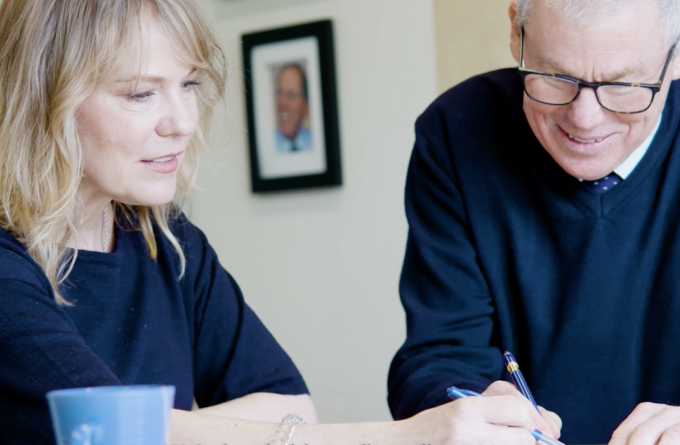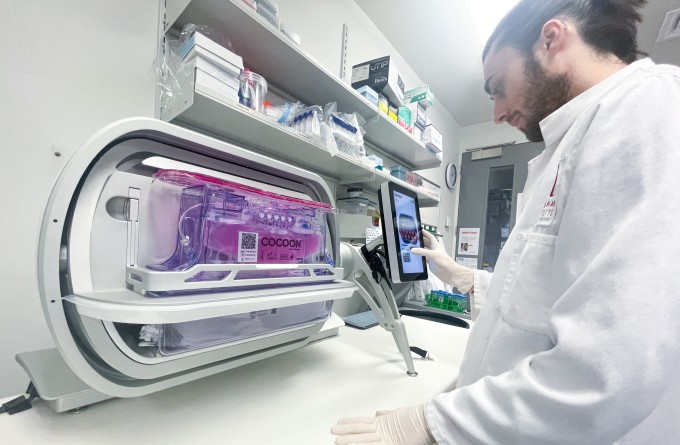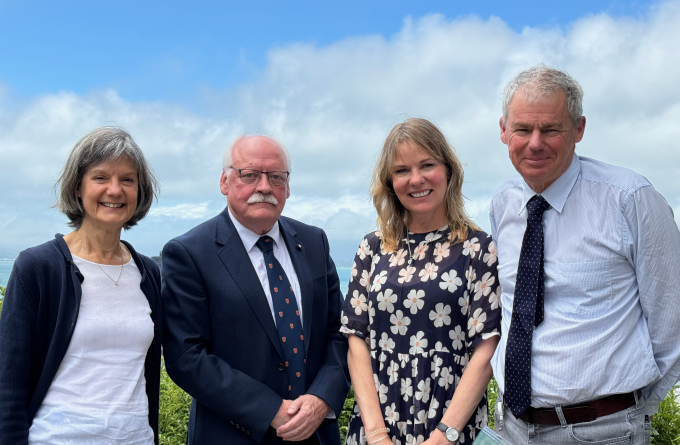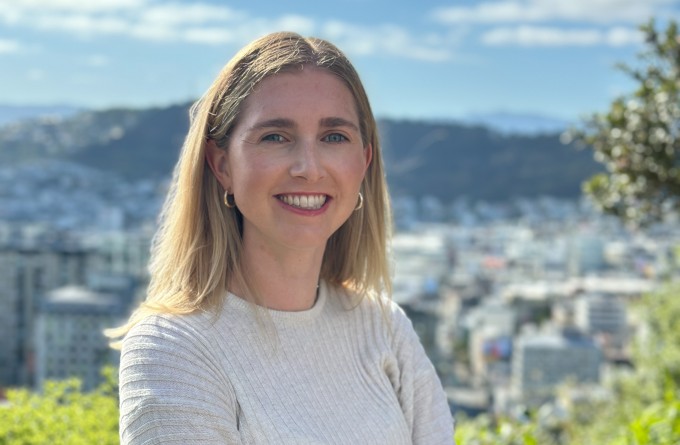12 February 2025
Postdoctoral researcher Dr Nathaniel Dasyam has been awarded a Cancer Research Trust grant to make CAR T-cell therapy even better – both in terms of safety and effectiveness.

“While our phase 1 trial showed very promising results, there’s always scope for improvement. This grant will allow us to find what makes our CAR T-cells unique and, more importantly, identify what can be done to make them better. We can then take this information and design more effective therapies.”
Dr Dasyam explains that one of the main constraints for immunotherapies like CAR T-cell therapy is T-cell exhaustion.
“T-cell exhaustion is basically the immune system putting the brakes on T-cells that are too active or have been active for a long time. For the better part this is a good thing, as T-cells that are too active for too long can cause unnecessary inflammation and can lead to autoimmune diseases.
“However in cancer, this failsafe tends to cause T-cells to shut down too early. This can also happen when cancer cells themselves send signals to inhibit T-cell activity. The tumour environment, which can be very suppressive towards T-cells, also contributes to this exhaustion.”
The grant, more than $60,000, will go towards the identification of genes in CAR T-cells associated with exhaustion, safety as well as efficacy.
“We’ll be using a process called single-cell RNA sequencing. Cells have a lot of information inside them, and much of this information is communicated via a molecule called RNA. When cells are exposed to different conditions, that information changes in response to the environment.
“Single cell RNA sequencing is a very powerful method that gives us the ability to crack open and access some of that information, giving us better insights into how things work at a molecular level, with the goal of modifying CAR T-cells to combat exhaustion and enhance their effectiveness.”
“Ideally I’d like to see my research contribute towards a better more effective therapies for everyone. Getting the right information could help us design therapies to tackle much tricker kinds of cancer.“
Related articles

Kjesten Wiig: bringing life-changing treatments to life
27 February 2025

Kjesten Wiig: bringing life-changing treatments to life
27 February 2025

Malaghan CAR T-cell cancer therapy trial expands to Christchurch and Auckland
24 February 2025

Malaghan CAR T-cell cancer therapy trial expands to Christchurch and Auckland
24 February 2025

World-renowned cancer pathologist joins the Malaghan Institute as Distinguished Research Fellow
19 December 2024

New Zealand to New York and back again: Malaghan researcher tackling liver cancer
18 November 2024
